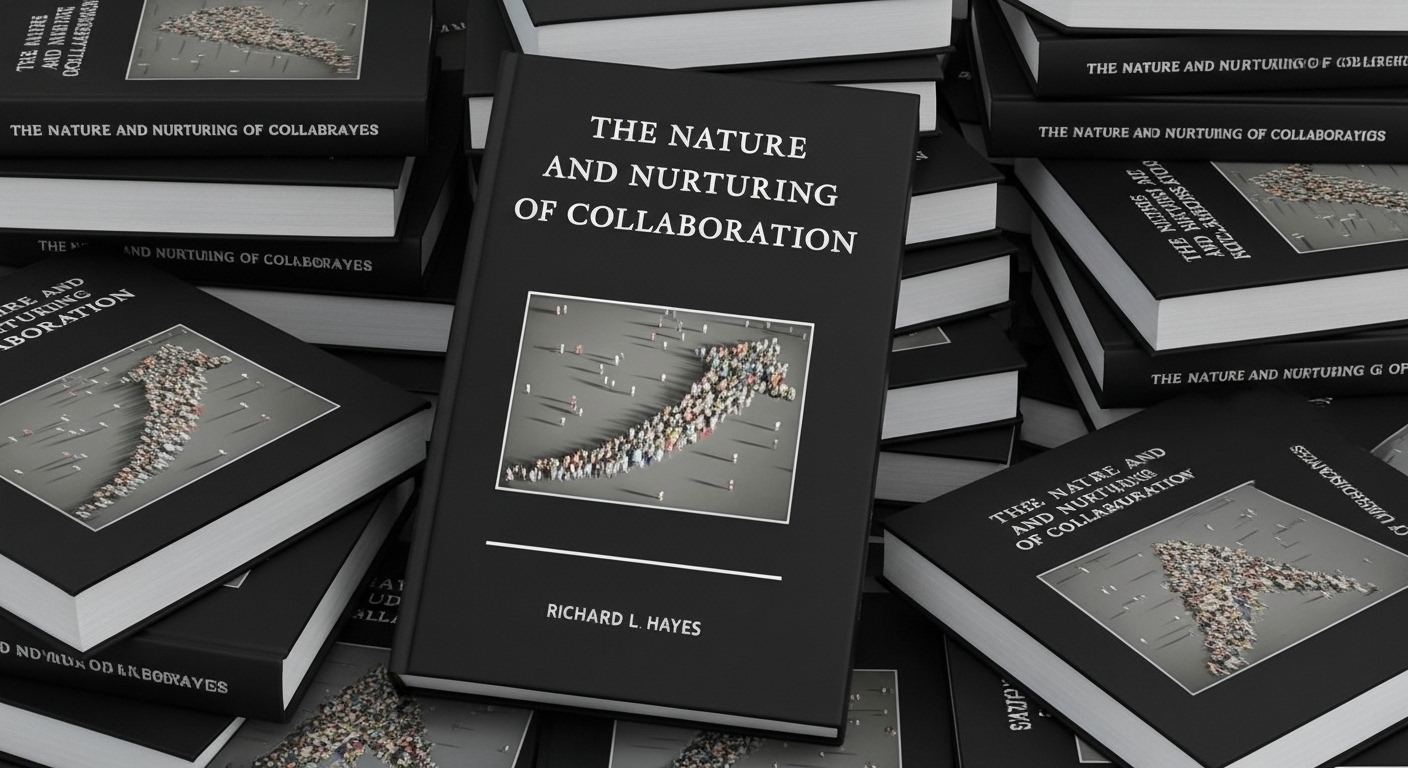The success of any team, be it a classroom, a corporate unit, or a professional learning community, rests on more than just skills; it requires a shared intentionality.
“Making Meaning: A Constructivist Approach to Counseling and Group Work in Education” is a human collaboration book that provides leaders, teachers, and organizational professionals with a robust constructivist framework for achieving their goals.
The book’s value lies in shifting the focus from simply instructing groups to actively facilitating the creation of joint meaning, thereby unlocking deeper engagement and systemic change.
The Core Shift: Facilitating Shared Meaning-Making
Dr. Richard L. Hayes’ central thesis is that individuals construct their own reality, making the traditional, top-down approach to group learning ineffective.
The book demonstrates its practical relevance by calling professionals to move from content providers to discovery facilitators. It is achieved by mutual understanding of group dynamics through the lens of meaning-making.
When leaders utilize a constructivist approach, they intentionally design interactions that allow members to safely challenge, integrate, and co-create new perspectives, leading to richer organizational learning and highly effective collaboration.
Designing Positive Group Environments
The book provides tangible tools for professionals to cultivate these positive environments. It advocates for a Psychoeducational Framework, where group activities are structured with a clear purpose, enabling participants to build content knowledge and collaboration skills simultaneously.
For teachers, this means designing lessons that prioritize inquiry; for leaders, it means structuring meetings to manage dissent constructively.
By viewing group interaction as a recursive process of reinvention, professionals can guide teams toward resolving conflict and building the resilient relational dynamics essential for sustained achievement.
The Bottom Line
“Making Meaning” is far more than an academic text; it is an essential resource for practitioners committed to empowering their groups.
By adopting its constructivist approach, professionals gain the blueprint for designing learning communities that are productive and genuinely transformative, turning every group challenge into a social collaboration and an opportunity for collective meaning-making.

